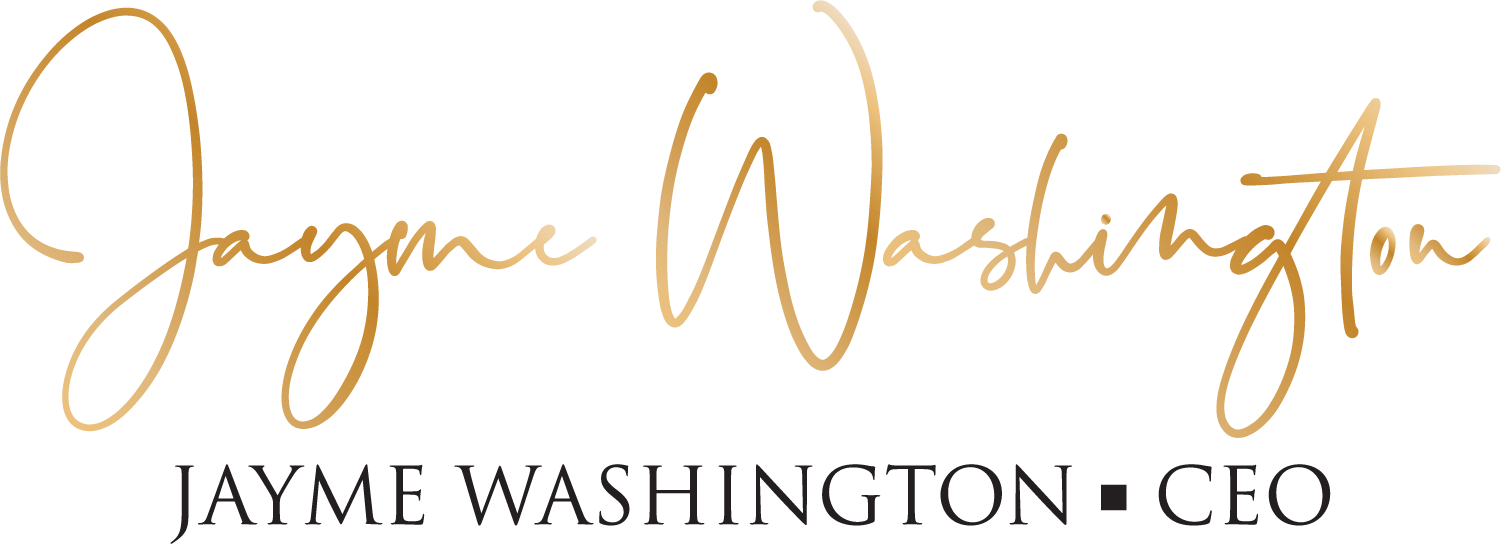Understanding Gen Z: Key Insights for CMOs to Connect with the Next Generation of Customers and Employees
Move over, millennials—Gen Z is here to make its mark

Being a Mom of Five Children and watching them grow has been one of the greatest joys of my life. Just the other day, I was looking at my oldest daughter Victoria as she was preparing her lunch bag for work. There she was fully dressed in business attire with heels, trench coat, and ready for work. What a minute....what is going on here.
Then I thought to myself, Gen Z is in the workforce! This article is written for all the Chief Marketing Officers that are hiring Gen Z aka Victoria's generation....I hope you are ready for them because they are a different breed and beast all in one.....LOL
Let's get into this article.......
Meet Generation Z
Born between the late 1990s and early 2010s, Generation Z is now stepping into adulthood, shaping cultural conversations, consumer habits, and workplace expectations.
For Chief Marketing Officers (CMOs), understanding this dynamic and diverse group is critical. Gen Z is not only an influential customer base but also the future workforce. Their unique perspectives demand tailored strategies to connect meaningfully both as consumers and employees.
What Makes Gen Z Unique?
Gen Z grew up in an era dominated by smartphones and social media, which has significantly shaped their worldview. Many older Gen Z members entered the workforce during the pandemic, adapting to remote work environments and digital-first interactions.
The 2023 Deloitte Global Gen Z and Millennial Survey highlights this generation’s top concerns: the rising cost of living and sustainability. Notably, 50% of Gen Z respondents report pressuring businesses to act on climate change.
As Gen Z continues to graduate and enter the workforce, their values and behaviors are reshaping how organizations engage with their audiences and employees.
Gen Z as Customers
Building Trust Through Social Impact
For Gen Z, trust is less about financial transparency or traditional customer service and more about a brand’s authentic commitment to social impact. Research reveals this generation values companies with strong diversity, equity, and inclusion (DEI) initiatives and sustainability efforts.
CMOs should align marketing campaigns with causes that resonate with Gen Z, such as climate action or ethical business practices, to build meaningful connections.
Motivating Through Micro-Influencers and Social Capital
Gen Z uses social media as a discovery tool for products and services, often relying on micro-influencers for recommendations. These smaller-scale influencers are perceived as more relatable and trustworthy than their high-profile counterparts.
CMOs can partner with micro-influencers who align with their brand values, leveraging their social capital to motivate Gen Z audiences and create a sense of community around their brand.
Blending Virtual and In-Real-Life (IRL) Experiences
Growing up with digital devices, Gen Z is highly comfortable navigating virtual spaces. Half of this generation views online experiences as meaningful replacements for in-person interactions, according to Deloitte’s 2023 Digital Media Trends report.
To engage Gen Z, CMOs should create integrated campaigns that blend virtual experiences—such as online events or augmented reality—with real-world touchpoints, creating a seamless brand journey.
Delivering Tailored Content and Instant Gratification
Gen Z expects convenience and personalization at every touchpoint. From one-click purchases on social media to customized product recommendations, their digital habits demand an intuitive, user-friendly experience.
For CMOs, investing in technology that delivers hyper-personalized content can help brands stay competitive and meet Gen Z's expectations for instant gratification.
Gen Z in the Workforce
The Hunger to Learn and Grow
Only half of Gen Z employees feel adequately prepared for the workforce, highlighting a significant gap in training and development. CMOs, as voices of the customer in the C-suite, can collaborate with HR leaders to develop tailored training programs that address these needs.
This approach not only supports workforce development but also positions the organization as an attractive employer for Gen Z talent.
Prioritizing Empathy and Mental Health
Empathy ranks as one of the most important traits Gen Z seeks in leaders, yet many bosses underestimate its value. Additionally, there is often a disconnect between workplace leaders and Gen Z regarding the mental health impacts of work.
CMOs can help bridge this gap by advocating for policies and programs that prioritize mental well-being, creating a healthier and more engaged workforce.
Valuing Time Off as a Reward
Gen Z ranks time off as their most valued form of recognition, but employers often overlook it. Offering time off as a reward can boost morale and productivity, especially after demanding projects or tight deadlines.
CMOs, alongside HR and leadership teams, can advocate for these changes to create a more rewarding workplace culture.
Decoupling Work from Identity
For Gen Z, work is less central to their identity than it is for previous generations. Only 49% of Gen Z respondents in Deloitte’s survey see work as a core part of their personal identity.
Understanding this shift allows CMOs and other leaders to motivate employees in ways that align with their unique values and priorities, fostering deeper engagement.
Final thoughts: Opportunities for CMOs to Lead
The distinct characteristics of Gen Z present both challenges and opportunities. As customers, they demand authenticity, personalization, and social impact. As employees, they value empathy, mental health support, and tailored growth opportunities.
Chief Marketing Officers are uniquely positioned to lead the charge in understanding and addressing these needs, shaping strategies that resonate with Gen Z and drive organizational success.
FAQs About Gen Z and Marketing Strategies
1. Why is Gen Z important for marketers to understand?
Gen Z represents a growing consumer base with unique behaviors and values. Their preferences shape purchasing trends and brand trust, making them a critical demographic for marketers, especially CMOs, to connect with.
2. How does Gen Z differ from millennials?
Gen Z is more influenced by social media, prioritizes authenticity in brands, and values instant gratification. They also place less emphasis on work as part of their identity compared to millennials.
3. What marketing strategies resonate with Gen Z?
Key strategies include partnering with micro-influencers, focusing on sustainability, creating seamless online experiences, and offering hyper-personalized content.
4. How can CMOs improve workplace dynamics for Gen Z employees?
By prioritizing empathy, mental health, tailored training programs, and recognition methods like time off, CMOs can help organizations better engage Gen Z employees.
5. What role does social media play in
Gen Z’s decision-making?
Social media is a primary discovery and decision-making tool for Gen Z. CMOs can leverage this by creating relatable and authentic content that aligns with their values.
Recommended for you









